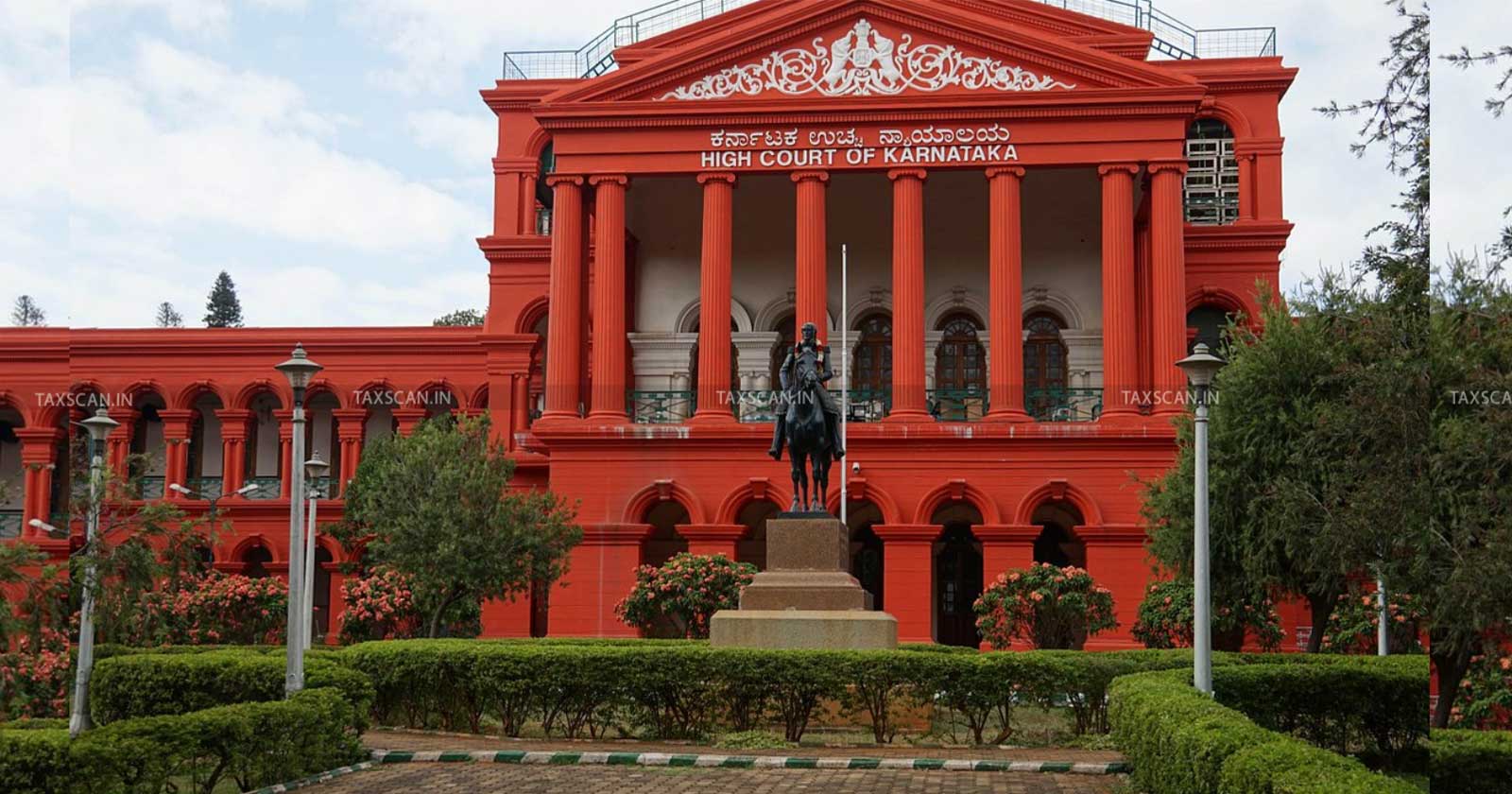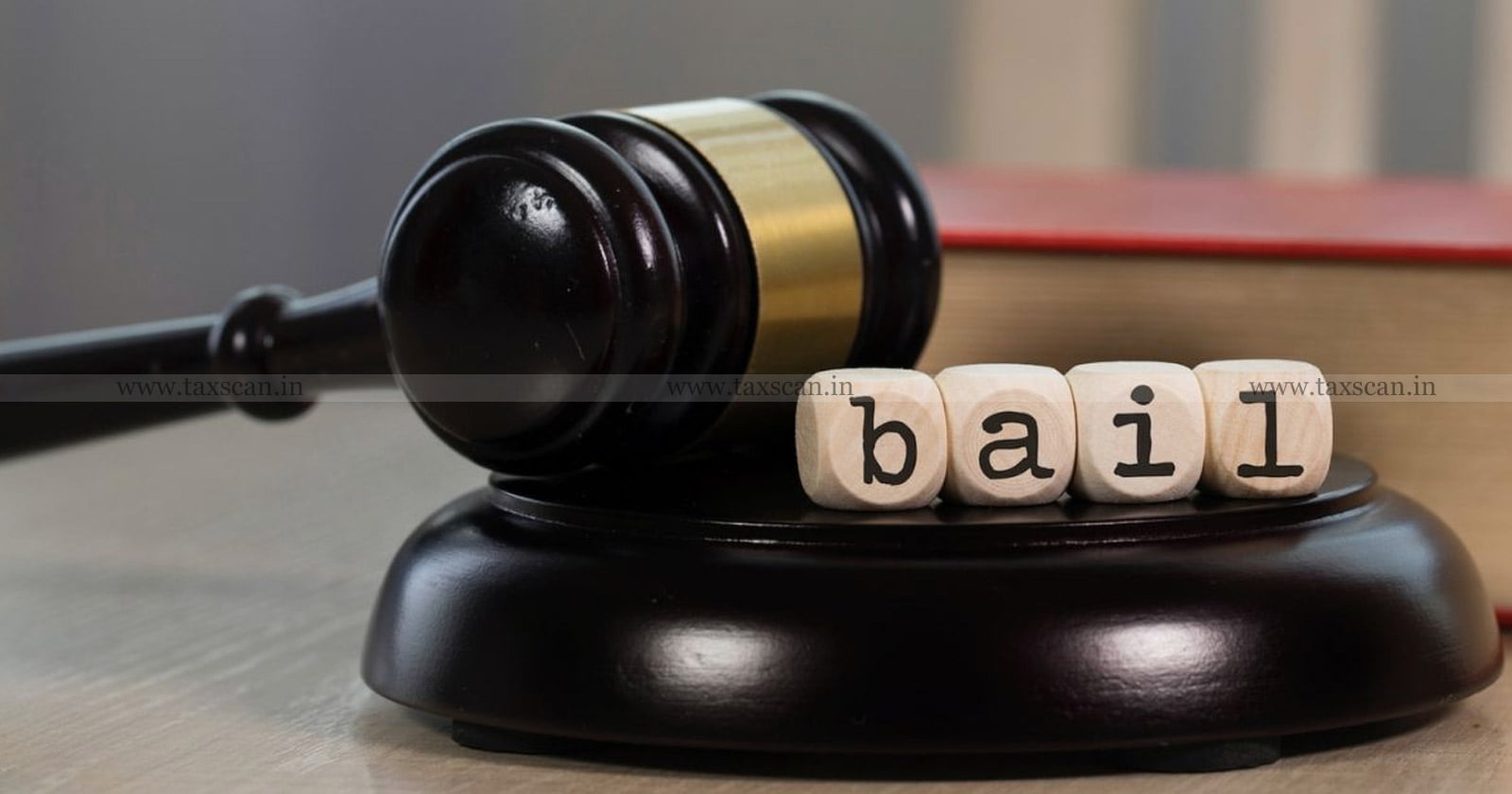AA Can Allow Additional Evidence for Fair Disposal of GST Appeal Even If Rule 112(1) Conditions Are Not Met: Calcutta HC [Read Order]
Calcutta High Court rules that GST appellate authority can allow additional evidence for fair disposal of appeal even if Rule 112(1) conditions are not strictly met.
![AA Can Allow Additional Evidence for Fair Disposal of GST Appeal Even If Rule 112(1) Conditions Are Not Met: Calcutta HC [Read Order] AA Can Allow Additional Evidence for Fair Disposal of GST Appeal Even If Rule 112(1) Conditions Are Not Met: Calcutta HC [Read Order]](https://images.taxscan.in/h-upload/2025/07/29/2070456-aa-additional-evidence-fair-disposal-calcutta-hc-taxscan.webp)
In a recent decision, the Calcutta High Court held that the appellate authority under the Goods and Services Tax (GST) law can allow additional documents to be submitted during appeal proceedings if it helps ensure fair disposal of the case, even if the strict conditions under GST Rule 112(1) are not met.
Suchismita Maji, a registered GST taxpayer, filed a writ petition challenging an order passed by the appellate authority, which had refused to accept a certificate issued by her supplier. The dispute arose from an input tax credit claim that was denied on the ground that the petitioner’s GST number was not reflected in the supplier’s invoices, which led to the transactions not appearing in the petitioner’s GSTR-2A.
 Also Read:Karnataka HC directs to grant bail for offence u/s 4 of PMLA on Execution of Personal bond [Read Order]
Also Read:Karnataka HC directs to grant bail for offence u/s 4 of PMLA on Execution of Personal bond [Read Order]
The petitioner’s counsel argued that the omission of the GST number was due to an error by the supplier, not the petitioner. To prove this, the petitioner tried to submit a certificate from the supplier during the appeal, but the appellate authority rejected it, citing Rule 112(1) of the CGST Rules, which limits acceptance of new evidence at the appellate stage to specific circumstances.
The respondent’s counsel argued that the appellate authority acted in accordance with Rule 112(1) and had rightly denied the additional evidence since the petitioner had not fulfilled the required conditions under the rule.
Master GST Like a Pro – Before It’s Too Late! Click here
The petitioner’s counsel argued that the appellate authority failed to consider Rule 112(4), which gives the authority discretion to allow new evidence if necessary for proper disposal of the appeal.
 Also Read:Arrest for Dealing of Illicit Drug: Jammu & Kashmir HC grants bail considering the Medical condition of Accused [Read Order]
Also Read:Arrest for Dealing of Illicit Drug: Jammu & Kashmir HC grants bail considering the Medical condition of Accused [Read Order]
The single-judge bench comprising Justice Raja Basu Chowdhury observed that while the appellate authority had referred to Rule 112(1), it had not considered the wider powers available under Rule 112(4), which permits the production of additional evidence to decide the appeal fairly. The judge held that the rejection of the certificate was mechanical and not based on a full reading of the applicable rules.
The court set aside the appellate authority’s order dated 29 October 2024 and remanded the matter back, directing the authority to accept the certificate issued by the supplier and reconsider the appeal. The court clarified that it was not expressing any opinion on the evidential value of the certificate or the merits of the appeal.
The appellate authority was directed to decide the matter afresh in accordance with law and preferably within twelve weeks from the date of receiving the court’s order. The writ petition was disposed of.
Support our journalism by subscribing to Taxscan premium. Follow us on Telegram for quick updates


